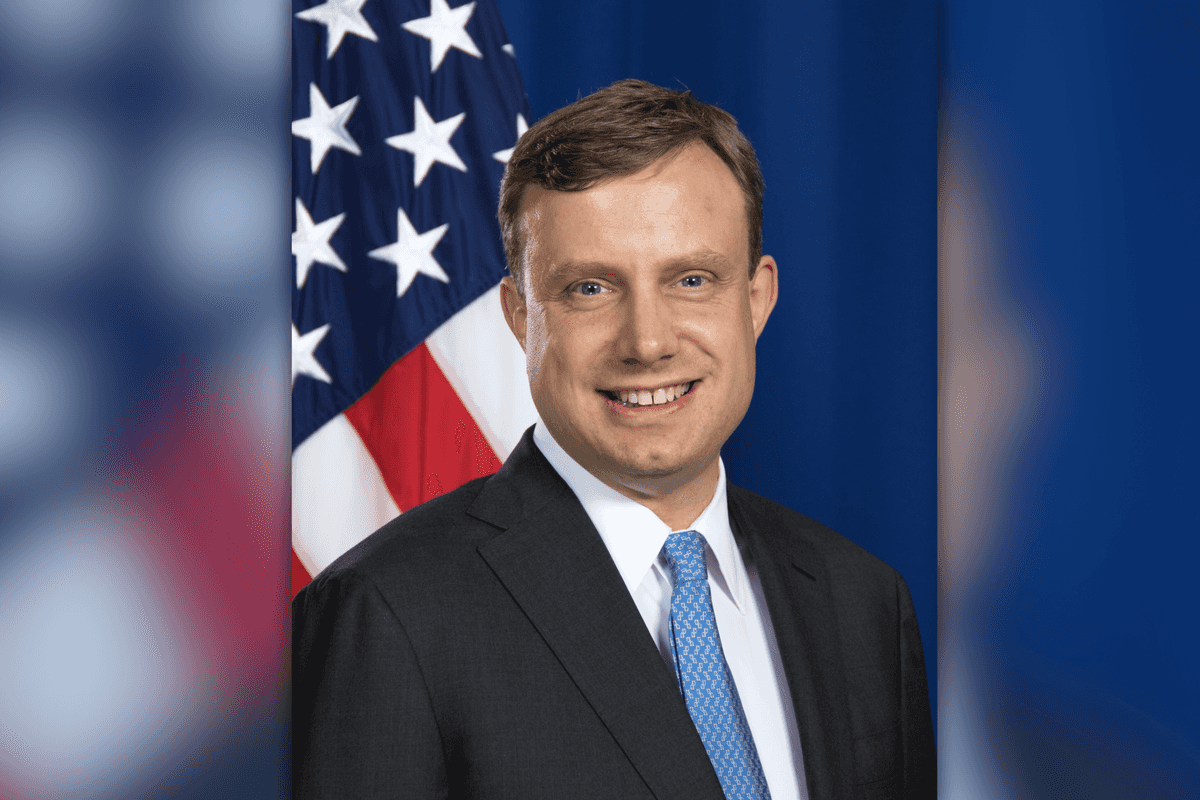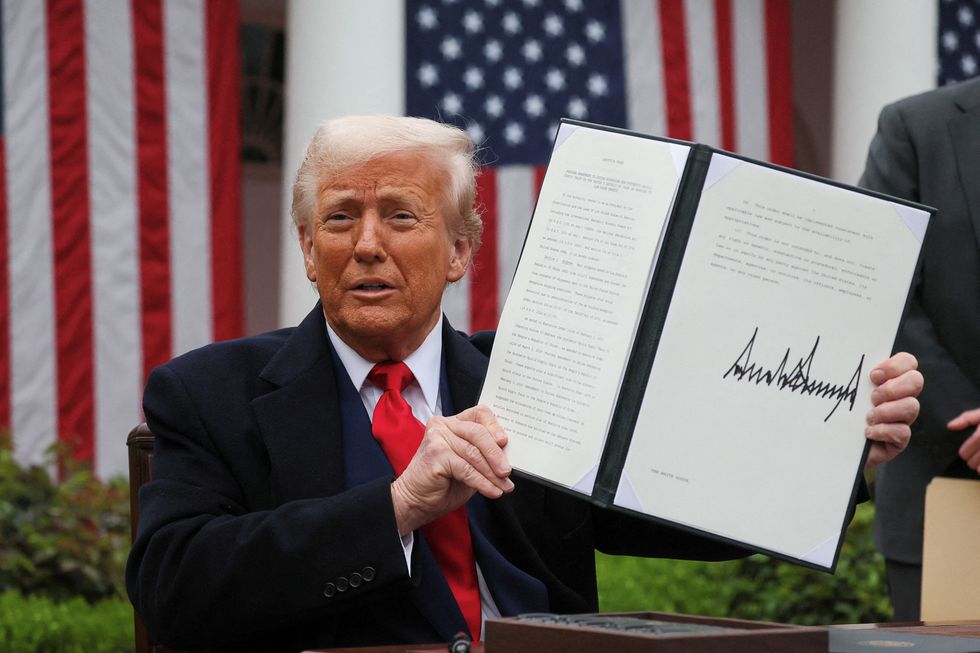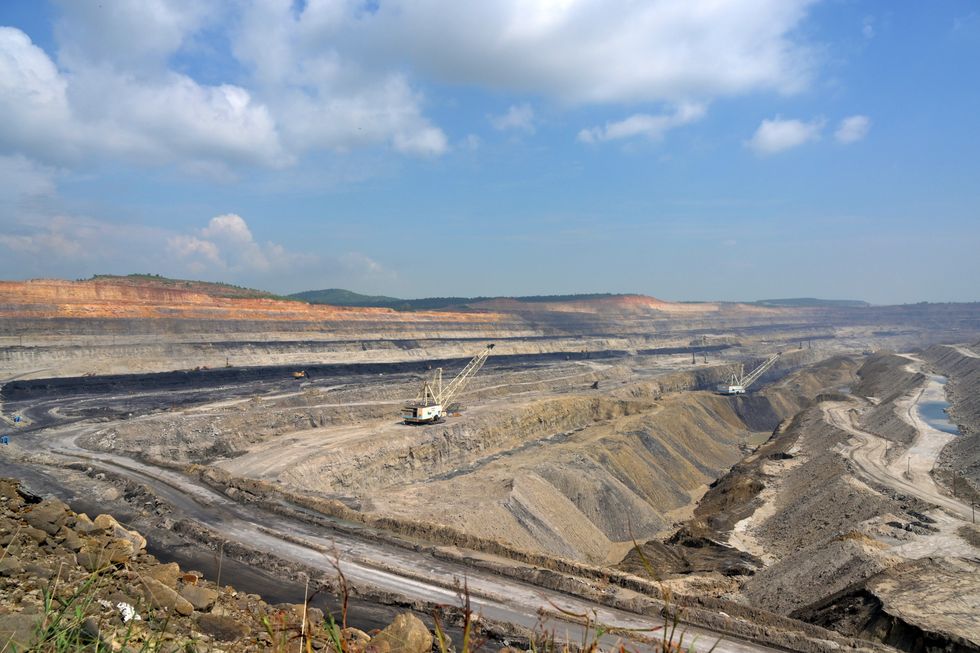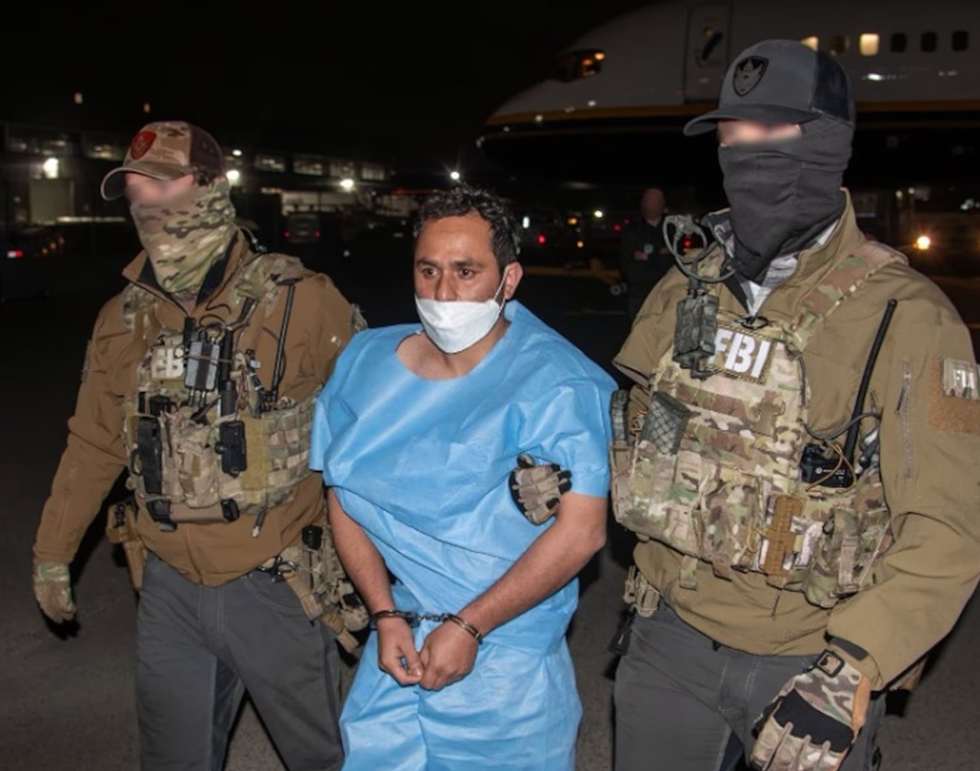From friction to opportunity: Critical minerals could reshape US-Pakistan ties
Eric Meyer’s trip signals Washington’s most direct engagement with Islamabad since President Trump’s return to office

Aamir Abbasi
Editor, Islamabad
Aamir; a journalist with 15 years of experience, working in Newspaper, TV and Digital Media. Worked in Field, covered Big Legal Constitutional and Political Events in Pakistan since 2009 with Pakistan’s Top Media Organizations. Graduate of Quaid I Azam University Islamabad.

Eric Meyer, Senior Bureau Official for the Bureau of South and Central Asian Affairs, will lead the delegation exploring critical mining interests in Pakistan.
Courtesy: state.gov
Pakistani finance minister plans U.S. trip to discuss trade negotiations
Experts see shift from 'cold' Biden-era relations to 'coordinated' ties
Focus on rare earth metals could benefit Pakistan's western provinces
A senior U.S. official will lead a delegation to Pakistan this week to explore critical mineral investments, potentially marking a shift in bilateral relations strained by recent tariffs and political tensions, experts said on Sunday.
Senior Bureau Official for South and Central Asian Affairs Eric Meyer will lead an interagency delegation to Islamabad from April 8 to 10 for the Pakistan Minerals Investment Forum, the State Department said in a press release Saturday. It will mark the first high-level U.S. visit to Pakistan under the Trump administration.
The visit comes as both nations navigate a complex relationship marked by trade disputes and security concerns.
The minerals forum coincides with Pakistani Finance Minister Muhammad Aurangzeb's announcement on Saturday that a high-level Pakistani delegation will also visit the United States to discuss the implications of recent U.S. tariffs and propose a new package for trade negotiations.

Pakistan faces a 29% tariff rate under President Donald Trump's new reciprocal tariff policy, potentially affecting the nearly $5.5 billion in goods it exports to the U.S. annually, predominantly textile products.
Despite these challenges, some experts see an opportunity for Pakistan.
"While there was a cold atmosphere in Pakistan-U.S. bilateral relations during Biden's era, it seems this is now transforming into cautious but coordinated closer ties," said Syed Muhammad Ali, an international affairs expert.
Regional mineral development
Meyer's visit to the minerals forum comes as Pakistan positions itself to capitalize on its mineral resources, particularly in its western provinces.
"The American administration is very interested in sourcing rare earth metals and critical minerals due to their competition with China in chip manufacturing," said Dr Qamar Cheema, Executive Director of the Sanober Institute.
"Previously, we exported products to the U.S. to earn revenue; now Americans will bring investment to Pakistan, particularly in Balochistan," Cheema said.
"This will also change the overall impression of Balochistan, demonstrating that it's not only open to Chinese investment but also to Canadians, Australians, and anyone interested in the region."

According to Ali, the U.S. withdrawal from the Paris Agreement during Trump's presidency has coincided with renewed interest in oil, gas, and mining industries.
"This could benefit both countries and bring prosperity to Pakistan's western provinces like KP and Balochistan, which are rich in minerals and natural resources but affected by insurgency."
Counterterrorism cooperation
Ali highlighted counterterrorism as another area of renewed cooperation, citing the Annual Threat Assessment presented by Director of National Intelligence Tulsi Gabbard.
"Pakistan is specifically mentioned as a victim of increasing TTP attacks," Ali said. "The assessment expresses concern that TTP's ambitions aren't limited to Afghanistan or hostility toward Pakistan, but maintain close ties with global terrorist organizations like Al-Qaeda."
Meyer's visit is expected to include discussions on counterterrorism, with the State Department noting that he "will also engage with senior officials to underscore the vital importance of our continued collaboration on counterterrorism."

President Trump recently thanked Pakistan's government for assisting in the arrest of Sharifullah, an Islamic State member accused of planning the 2021 Kabul airport attack, which killed dozens of American soldiers.
Diplomatic tensions
Meyer’s visit comes at a time of strained diplomatic ties between the two countries. In March, U.S. lawmakers introduced the Pakistan Democracy Act, calling for sanctions against Pakistani officials accused of human rights abuses.
The Pakistani Foreign Office dismissed this as a "unilateral move" by individual lawmakers that "does not represent the overall state of Pakistan-United States relations."
However, experts suggest it is unlikely the Trump administration will pass the bill or enforce the sanctions, given the current security situation in Pakistan and increased counter-terrorism collaboration between the two countries.
A new era of relations?
In December, the U.S. imposed sanctions on entities linked to Pakistan's missile program, including the state-owned National Development Complex and three supplier companies.
Pakistan's Foreign Ministry called these sanctions "unfortunate" and accused the U.S. of applying "double standards" in enforcing non-proliferation norms.
Despite these tensions, Ali suggested that the current diplomatic engagement provides Pakistan an opportunity to reassure the U.S. about its strategic intentions.
"The current diplomatic engagement provides Pakistan an opportunity to reassure the U.S. that Pakistan's strategic capabilities, missile and atomic technology have the sole purpose of reducing the threat of war in the region and making Indian aggression impossible, rather than harboring any aggressive intentions against the U.S. or other countries," Ali said.
"I believe if Pakistan and the U.S. begin investing in critical minerals together, it will usher in a new era of Pakistan-U.S. relations," Cheema concluded.







Comments
See what people are discussing